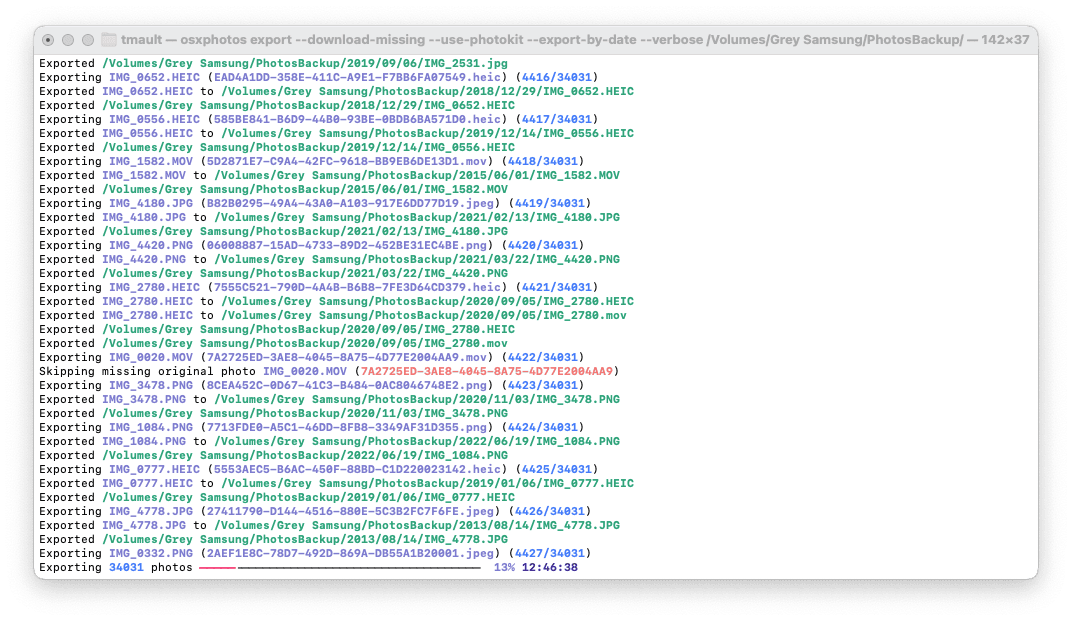Why Your Kindle Highlights Might Be Missing the Point: Reflections from 'How to Take Smart Notes'
I was reading Sönke Ahrens' "How to Take Smart Notes" and it hit me how crucial active note-taking is for actual learning. It's more effective than just highlighting bits. It links to Charlie Mungers latticework of mental model. I highly recommend the book.

Today I tore through @soenke_ahrens How to Take Smart Notes, with a fantastic coffee in hand at the beautiful new ViCAFE in Altstetten.
A simple idea really resonated with me - the value of reading does not lie in highlighting content.
A highlight without context isn’t anything - it’s just a moment of dopamine stored and forever tucked away destined to gather digital dust.
Despite there being incredible internet plumbing tools, like Readwise to take highlights from my Kindle straight into Obsidian, I am missing a trick.
The trick is to have a pen in hand, and rewriting the notes as I read. If I can’t reformulate the idea in my own words, have I really learned it? When I hold a new idea in mind, can I ask myself: What did I learn from this? What is interesting? How does it link to other ideas I already know?
It did not surprise me when Charlie Mungers latticework of mental models appeared in the book. But it really hit home with a simple example.
Take some simple facts; arteries have thick walls, are elastic, and don’t have valves. Veins are the opposite. Great, I now have some facts. How likely am I to remember which is which? When you link it to the other knowledge you have, like the heart is pumping out high pressure blood into the arteries - boom, all of a sudden it makes logical sense that the arteries have thicker walls, and the veins need valves.
Hang the knowledge in a latticework, and it will make sense. It terrifies me that I have highlights from hundreds of books, and nothing stitched together. What an exciting opportunity to glue this all together.
A second idea stood out - imagine the power of three good notes a day, laid out over a lifetime. How would that knowledge compound? Would that be useful tool?
It doesn't have to be a back-breaking effort to implement. A simple idea, well executed, with discipline, nudging you to learn.
Thank you Sönke for an excellent read.



